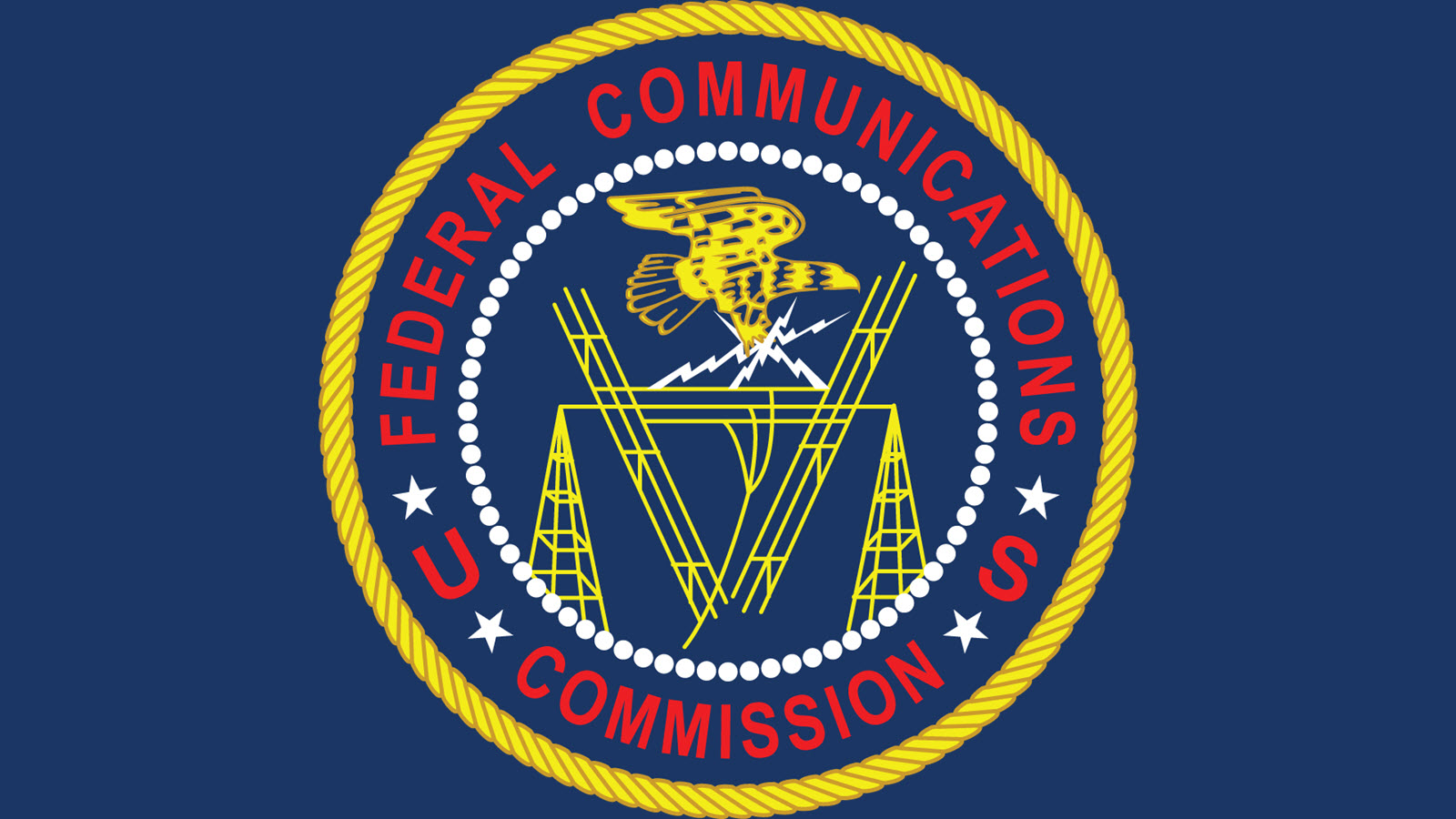FCC Eliminates E-Rate Amortization Requirement

The smarter way to stay on top of the multichannel video marketplace. Sign up below.
You are now subscribed
Your newsletter sign-up was successful
The FCC has eliminated the requirement that schools and libraries spread payments for high-speed broadband buildouts over three years.
That came in an order by the commission released Monday (Jan. 27).
The FCC in 2000 had required those schools and libraries to amortize any upfront payment of $500,000 or more for broadband buildouts under the FCC's E-rate subsidy program over three years, concerned that large up-front charges for upgrades or builds could drain available funding.
Concerned the amortization provision could limit broadband buildouts, the FCC suspended it in 2014 through 2018, then in 2018 proposed eliminating it entirely, continuing the suspension until the proceeding had concluded, which now means when this order takes effect in 30 days after it is published in the Federal Register (It removes, rather than adds, paperwork requirements--having to apply for one year now, rather than three times--so does not require vetting under the Paperwork Reduction Act).
The FCC concluded that concerns about the draining of the fund had not been well founded, and allowing for recovering costs upfront rather than over three years had boosted broadband buildouts.
Commissioner Jessica Rosenworcel, who has made E-rate a signature issue, praised the move in a statement.
"Thanks to E-Rate, schools and libraries in communities in every state are connected to the internet," she said. "As a result, this program is an essential part of promoting broadband access and opportunity across the country. Keeping it up to date is important and with this decision we do just that by eliminating an antiquated accounting policy that required the amortization of certain construction costs over several years. This is the right call."
The smarter way to stay on top of the multichannel video marketplace. Sign up below.
Contributing editor John Eggerton has been an editor and/or writer on media regulation, legislation and policy for over four decades, including covering the FCC, FTC, Congress, the major media trade associations, and the federal courts. In addition to Multichannel News and Broadcasting + Cable, his work has appeared in Radio World, TV Technology, TV Fax, This Week in Consumer Electronics, Variety and the Encyclopedia Britannica.

